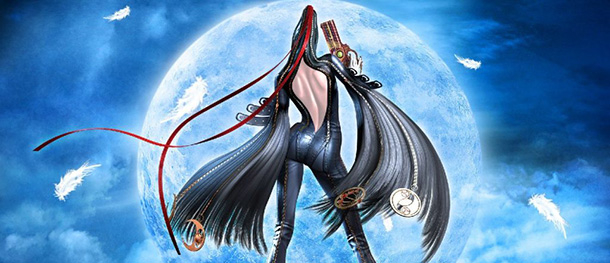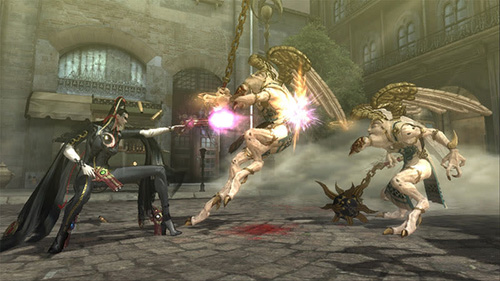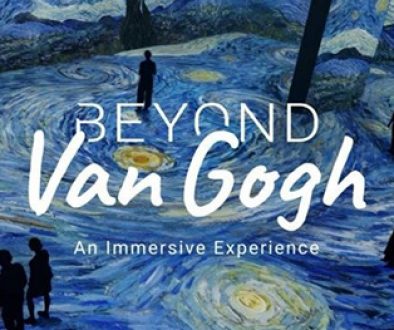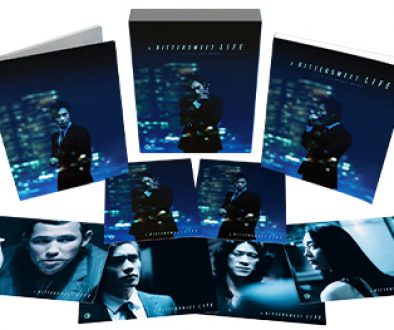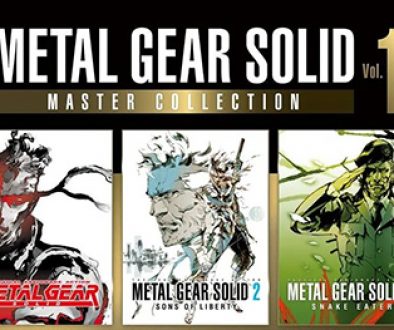Review: Bayonetta
 Creating a likeable protagonist is a complex undertaking. They’re front and centre, always present and if done poorly can ruin an entire experience. I think for that reason alone, ignoring the cost and time element, the “silent protagonist” trope in video games has become such a popular design choice, an easy method of safeguarding the player from the potential of bad character writing, something all too common.
Creating a likeable protagonist is a complex undertaking. They’re front and centre, always present and if done poorly can ruin an entire experience. I think for that reason alone, ignoring the cost and time element, the “silent protagonist” trope in video games has become such a popular design choice, an easy method of safeguarding the player from the potential of bad character writing, something all too common.
Platinum Games said fuck that, took one of the most controversial talking points in the video game industry and made one of the most awe inspiring characters I’ve ever had the pleasure of playing as.
The titular Bayonetta’s overt sexual nature works by flipping the expectations of such a character trait. Rather than solely existing as wank-bank material for depraved developers and players, Bayonetta uses erotic imagery for a dual purpose, serving not only as a means to establish power and dominance over her enemies as a means of character development, but also acts as the basis for her combat prowess.
Not being too familiar with the hack n slash genre, making comparisons on depth and complexity to other games is out of my range. Nevertheless I highly doubt many games use a similar moveset to Bayonetta’s. The games controls are easy to understand and vitally fluid: three attack buttons, two melee and one ranged, a jump button and a dodge. Bayonetta revels in the concept of interweaving simplicity and depth, allowing beginners to have fun with it’s combat but also letting more advanced players go wild with the complexity hidden under the hood. A lot of that complexity is rooted in timing, chaining quick button presses, waiting for a split second to land a final B press to execute special moves that feel incredibly fulfilling and additionally highlight Bayonetta’s aforementioned racy personality.
A good comparison to make would be to Geralt Rivera of The Witcher series, a character who’s combat maneuvers draw deep parallels to the art of dance. Bayonetta’s rhythmic glides across the stage and long, elegantly drawn out combo’s accentuate her nature which the game constantly pounds into your head. This is made no more apparent during the bombastic, although simultaneously delicate, set pieces, choreographed by Yuji Shimomura, who earns himself one of only three credits during the opening sequence.
Rightfully so. One of Bayonetta’s draws outside of the combat are the sublimely executed visuals, so much so that they mostly compensate for the progressively mundane storyline. A bold use of film-like camera work is where the better part of the this praise can be attributed to; looming ariels shots compounded with slow and stable close ups build tension, fixated on Bayonetta and the divine beasts she fights. On a whim you’re then thrust into spiraling quick cuts from every angle, focusing on the grand performance the protagonist whips up for your (and her) entertainment. It’s a formula the game follows consistently and never gets boring, maintaining the high energy the combat also brings.
That said, the same isn’t mirrored for the “mundane story”, which shoots its load early within the first hour and peters out gradually. It’s a shame given the dialogue and theme which are both consistently interesting, a nice mix of wacky Japanese spectacles and witty Western dialogue. A worn heaven and hell trope is freshened up by a unique spin on character designs, portraying heavens minions as classical statues and sculptures always keeps you interested in what enemy you’ll face next.
But alas, amnesia, a trope that in the grand scheme of things dampened my enjoyment of these elements. The general plot follows Bayonetta fighting the aforementioned holy adversaries but for reasons both you and Bayonetta don’t understand. This starts well, the dialogue is funny and characters like Enzo and Rodin offer diverse character traits Bayonetta bounces off to create genuinely funny exchanges. They are soon left in the shadows and replaced with Luka and a literal crying child, neither of which carry the same charisma or personality which allows the opening hour to be so enjoyable. The amnesia-riddled plot gets more complex, but only in a “you don’t understand what’s happening coz amnesia” type of way, not in the genuinely inventive or deep writing kind of way.
And this is really where one of my main issues lie with the game. It has all the tools for an film-esque story to be told, but lacks the writing for it to come to fruition. Astonishing visuals and direction are at a complete contrast to the rather dull story being told, and it’s only highlighted by the consistent high quality in the former department.
Outside of that however, most of my other issues with the game are either small or subjective, one of which being how the game handled boss battles. To say the boss fights are a mirror image of the grand cinematics would be apt, but only on a superficial level. Many of these sections fall down gameplay wise due to some strange choices made which affect pacing. Of the bosses that failed to really grip me, they all had issues in pacing. The level of interplay was simply too low and as a result they felt drawn out to unreasonable lengths. A reliance placed on dodging certain moves in combination with the fact many of them don’t follow a structured attack pattern meant fights can last far longer than they have any right too, not because they are hard, but because the game is simply telling you “not yet” for arbritary reasons.
With that in mind some bosses don’t fall into this trap, taking a more conventional role in boss battles where they have routine patterns you can learn and react to. As a result these fights didn’t feel needlessly long or unfair and were quite enjoyable.
One recurring boss battle that doesn’t fit eithert billing is with Jeanne. A mirror fight in the vein of Zelda 2 or Transistor, Jeanne very much has the same tools at her disposal that you do, so to understand how to beat her basically requires you understand your own weaknesses, which works wonders in creating a compelling boss fight.
As a first introduction into Platinum’s catalogue, I feel Bayonetta was a damn great start. Has it made me excited to try their other titles? Absolutely, and with any hope many of my gripes with this game might have been solved.
And given Nier: Automata’s praise, I think that might just be the case.
Review by Will Ford.

